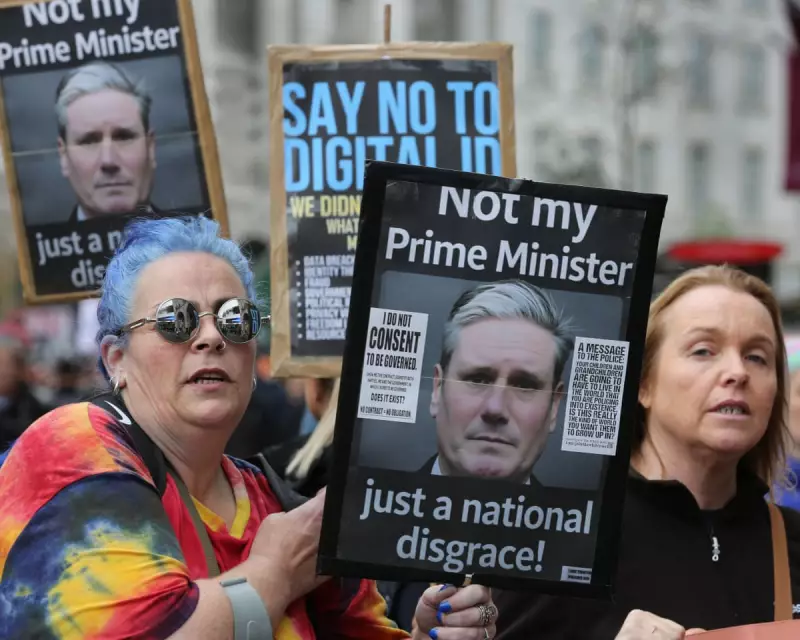
Labour stands at a critical crossroads, with prominent party veterans and thinkers demanding an urgent return to its traditional social democratic foundations. As membership numbers dwindle and the party struggles to define its purpose, internal pressure is mounting for a fundamental rethink of direction.
The Case for Change
According to influential voices within Labour's ranks, the party has drifted dangerously far from the principles that once made it a formidable political force. They argue that decades of ideological shifts have left Labour without a clear identity or compelling vision for Britain's future.
The movement that once championed workers' rights, social justice, and public service reform now appears lost in a political wilderness, caught between competing factions and uncertain of its core mission.
Membership Exodus Signals Trouble
Recent figures reveal a worrying trend for Labour leadership. Party membership has plummeted by over 150,000 since the last general election, representing a significant loss of grassroots support and activist energy.
This decline isn't just about numbers—it reflects a deeper crisis of confidence among the party's traditional base. Many long-standing members feel alienated by what they perceive as Labour's move away from its historic commitments to social justice and economic fairness.
What Social Democracy Means for Modern Labour
The proposed return to social democratic principles would involve several key shifts:
- Renewed focus on workers' rights and trade union partnerships
- Stronger commitment to public services and welfare state protection
- Clearer economic policies addressing inequality and corporate power
- Rebuilding the party's connection with working-class communities
Advocates argue that this isn't about looking backward, but about rediscovering the values that can guide Labour through contemporary challenges—from the cost of living crisis to climate change and technological transformation.
The Leadership Challenge
For Keir Starmer and his team, these internal demands present both a challenge and an opportunity. The call for ideological clarity comes at a time when the government faces multiple crises, creating potential openings for a Labour party with a compelling alternative vision.
However, navigating these internal tensions requires careful political management. Balancing the desire for clear principles with the need for broad electoral appeal remains the central dilemma of modern Labour leadership.
As one senior party figure noted, "Without a clear sense of what we stand for, we cannot effectively oppose the government, let alone present ourselves as a credible alternative."
The coming months will reveal whether Labour heeds this call for renewal or continues its search for direction in an increasingly polarised political landscape.





